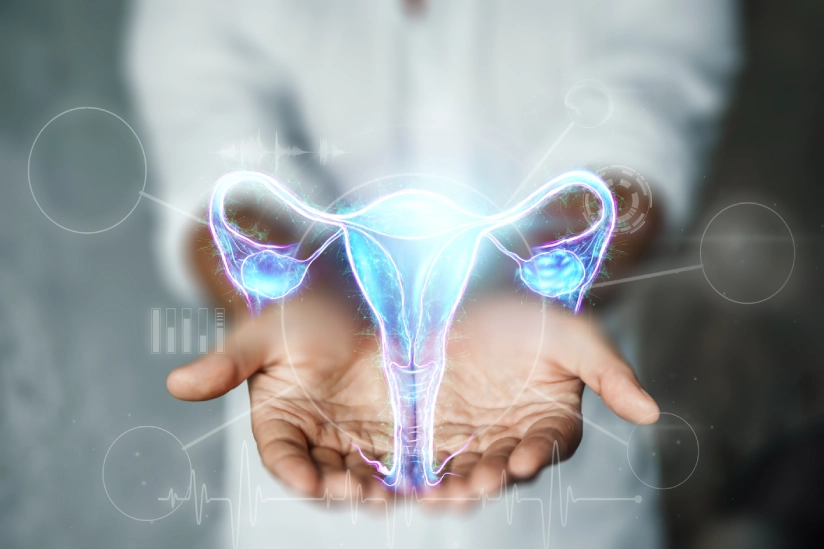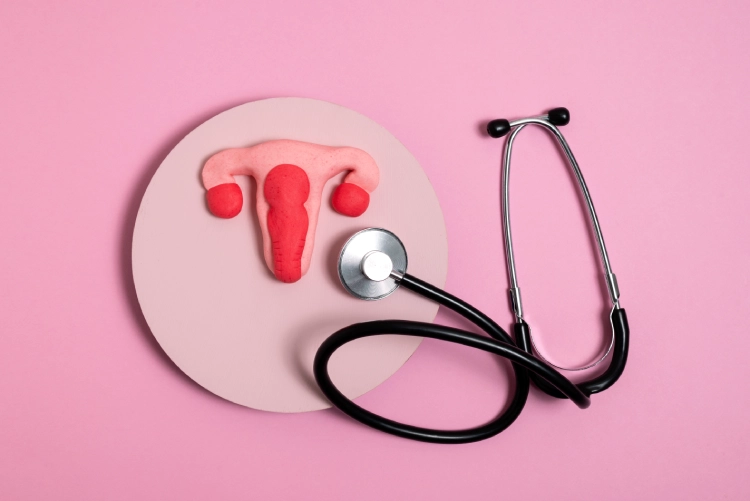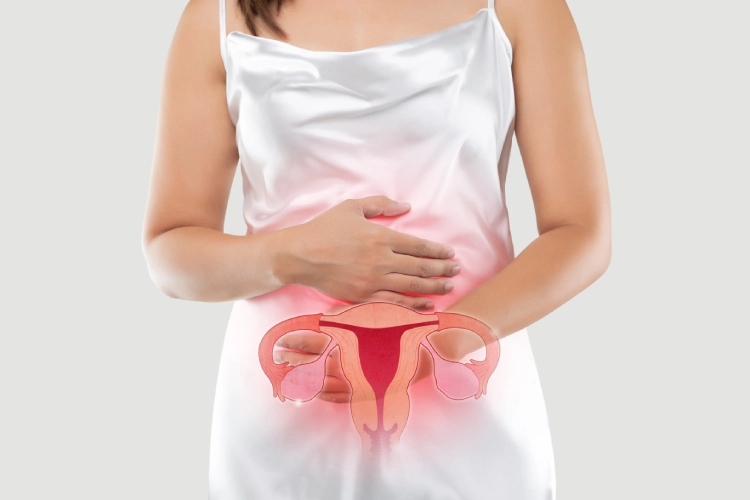



PCOS is a condition that can affect your periods, fertility, hormones and aspects of your appearance. It can also affect your long-term health. Estimates of how many women it affects vary widely from 2 to 26 in every 100 women. This information is about the effects on your long-term health and does not cover specific treatment options for PCOS.
Polycystic ovaries are slightly larger than normal ovaries and have twice the number of follicles (fluid-filled spaces within the ovary that release the eggs when you ovulate). Having polycystic ovaries on an ultrasound does not necessarily mean that you have PCOS. Women with PCOS have symptoms as well as polycystic ovaries.
Depression and psychological problems can also result from having PCOS. The symptoms vary from woman to woman. Some women have very few mild symptoms, while others are affected more severely by a wider range of symptoms.
The cause of PCOS is not yet known but it sometimes runs in families. If any of your relatives (mother, aunts, sisters) are affected with PCOS, your risk of developing PCOS may be increased.
You only have to lose a small amount of weight to make a difference to your symptoms and your health.
you are considering counselling for pcos or would like to learn more about our services, please contact us to schedule a consultation. Our team is dedicated to providing high-quality care and support throughout your queries.

